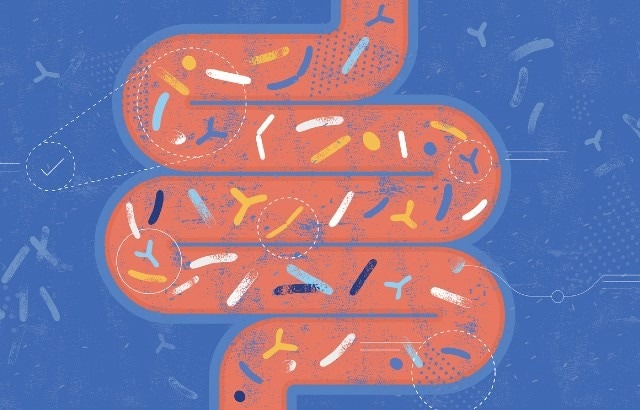According to research conducted by the Queen Mary University of London, nutritional interventions used to combat child undernutrition in low and middle-income countries should focus on gut microbiome development instead of just human nutritional needs in an attempt to improve child growth and development more efficaciously.

Image Credit: Credit: Istock.com/DrAfter123.
The study, published in Nature Communications, discovered that advancements in nutrition and household sanitation have truly little effect on a child’s gut microbiome and thus development and growth and that the genetic function of gut microbes in early life, rather than the types of microbes present, can anticipate whether a child is growing or will grow in the coming months.
This is one of the first investigations to look at the development of the gut microbiome in low- and middle-income countries. The gut microbiome refers to the trillions of distinct microorganisms that live within the human gut and are necessary for early developmental processes like immune development, hormone production, and nutrient metabolism.
Until now, the majority of research on the role of the gut microbiome in child development has come from high-income settings, rather than low- and middle-income countries, where childhood infections and mortality are much higher, and undernutrition affects more than one in every five children.
Scientists from the Queen Mary University of London, the University of British Columbia, and Devil’s Staircase Consulting in Canada conducted the study. The investigators used metagenome sequencing technologies to examine the gut microbiome of 335 children aged 1 to 18 months from rural Zimbabwe.
As part of The Sanitation Hygiene Infant Nutrition Efficacy (SHINE) randomized control trial, the children received two interventions. The first intervention focused on improving infant and young-child feeding. This included giving a nutritional supplement called “nutributter” to children aged 6 to 18 months.
The second intervention involved bettering household water, sanitation, and hygiene. This began during pregnancy and included the construction of new pit latrines, handwashing stations, chlorinated drinking water, and dedicated child playpens.
Interestingly, the findings revealed that these approaches had little or no impact on the children’s gut microbiomes, implying that more focused interventions are needed to modify the microbes that colonize the infant gut in these settings.
The researchers also discovered that genetic functions of gut microbes, like B vitamin metabolism, can anticipate how well a child will grow in the coming months. Because child growth is positively linked to immune development, brain development, and other developmental processes, this unique microbiome data offers a new target for interventions aimed at optimizing these growth and developmental pathways in at-risk children.
This study provides the scientific community with a very large resource of gut microbiome data from children in a rural, non-Western setting throughout early childhood, which will allow researchers around the world to analyze and compare with similar datasets from children in high-income settings. This study also provides important data for public health in low-and-middle income countries where early-life infections, diarrheal disease, child mortality, and undernutrition are much more common.”
Dr Ruairi Robertson, Study First Author, Queen Mary University of London
Source:
Journal reference:
Robertson, R. C., et al. (2023) The gut microbiome and early-life growth in a population with high prevalence of stunting. Nature Communications. doi.org/10.1038/s41467-023-36135-6.